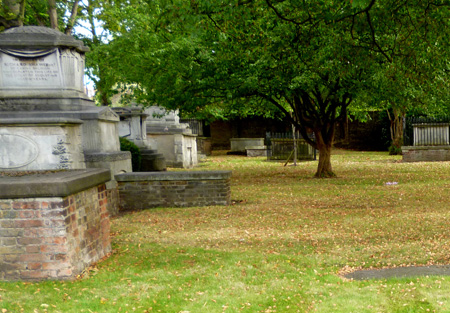
I thought I was
So calm and sad I thought I was,
resigned to noble silence,
as befits a weary heart,
but evening, with its slipping,
sliding wind, its cooling,
vegetable smells,
this peaceful landscape
where desire lies dreaming,
seems determined to undo
my safe but joyless rest,
compelling me to face
these artful, airy games
that overwhelm and plunder
warming earth and fading skies
– ah, gentle, porous evening,
perfumed with vanilla,
why would you want to hurt
the ever hopeful girl
within my tense, half-open,
hesitating heart?
Je croyais être
Je croyais être calme et triste,
Simplement, sans demander mieux
Que ce noble état sérieux
D’un coeur lassé. Le soir insiste:
Avec les glissements du vent
Et la froide odeur des herbages,
Et cette paix des paysages
Sur qui le désir est rêvant,
Il défait mon repos sans joie,
Ce repos qui protégeait bien,
Il exige, hélas, que je voie
Ces rusés jeux aériens
Où tout s’enveloppe et se pille,
Du sol tiède aux clartés des cieux…
– Pourquoi, soir mol et spongieux
D’où coule un parfum de vanille,
Blessez-vous, dans mon coeur serré
Qui soudain s’entr’ouvre et vacille,
Cette éternelle jeune fille
Qui ne peut cesse d’espérer?
Tranquillity
Here in the wake of dazzling day
comes fine, devoted night.
It feels as if the sky is bowed
beneath a tranquil weight of stars.
The juddering breath of a train
sets even this calm hillside
beating to its hearty rhythm.
Here in the darkness every
shimmering sound – a voice,
a footfall or a shutter slammed –
gleams like a marble or a rosary bead.
Can this airy, empathetic
but mysterious night, so gentle
and attuned to all our thoughts,
really be built upon graves?
This evening, dear, your love,
your tenderness, is all I need,
my soul’s contented only
when I have no hopes or plans.
We talk so much of souls,
but sated with pleasures
all we need is languorous rest.
Our hearts cry out for nothing more
– content to live or die,
we’ve found this calm and ease.
Dearest companion, is it just
desire we suffer from?
Tranquillité
Après le jour luisant d’entrain
Voici la nuit, dévote et fine,
Il semble que le ciel s’incline
Par le poids des astres sereins.
Le soufflé saccadé d’un train
Transmet à la calme colline
Sa palpitation d’airain.
Dans l’ombre, les bruits qui scintillent,
– Bruits de pas, de voix, de volets –
Semblent polis comme des billes,
Comme les grains d’un chapelet.
– Ȏ Nuit, compatissant mystère!
Se peut-il, quand l’air est si doux
Et semble penser avec nous,
Qu’il y ait des morts dans la terre!
– Je n’ai besoin de rien ce soir
Grâce à ta tendresse amoureuse,
Une âme n’est vraiment heureuse
Que sans projets et sans espoirs.
Nous parlons sans cesse de l’âme,
Pourtant, après ce long plaisir,
Tout nous est paresse et loisir,
Plus rien en nos coeurs ne réclame;
Nous pourrions vivre ou bien mourir
Contents ainsi, calmes, à l’aise,
– Ȏ mon cher compagnon, serait-ce
Qu’on souffre que de désir?
Photo: Unfinished bust of Anna de Noailles – Rodin, 1906, now in the Metropolitan Museum of Art, New York.
Anna de Noailles (1876-1933) was highly praised and acknowledged as a philosophical and aesthetic influence by Rilke, Proust and Colette. Prolific and beloved poet, novelist, patron, muse, she was heaped with honours and thousands lined the streets for her state funeral. Then she disappeared from the canon – surely mostly for the usual reason that she was a woman, but perhaps also because, written in iconoclastic times for European poetry, all of her poems rhyme.
I can’t help finding even the most sensitive and skilful rhymed translations of her poems rather wordy and distant from the originals – French rhymes so much more easily and lightly. But it’s also true that de Noailles consistently defended form and rhyme at a time when many poets were abandoning them, so these attempts to better capture her emotional intensity in unrhymed translations are very tentative.






















